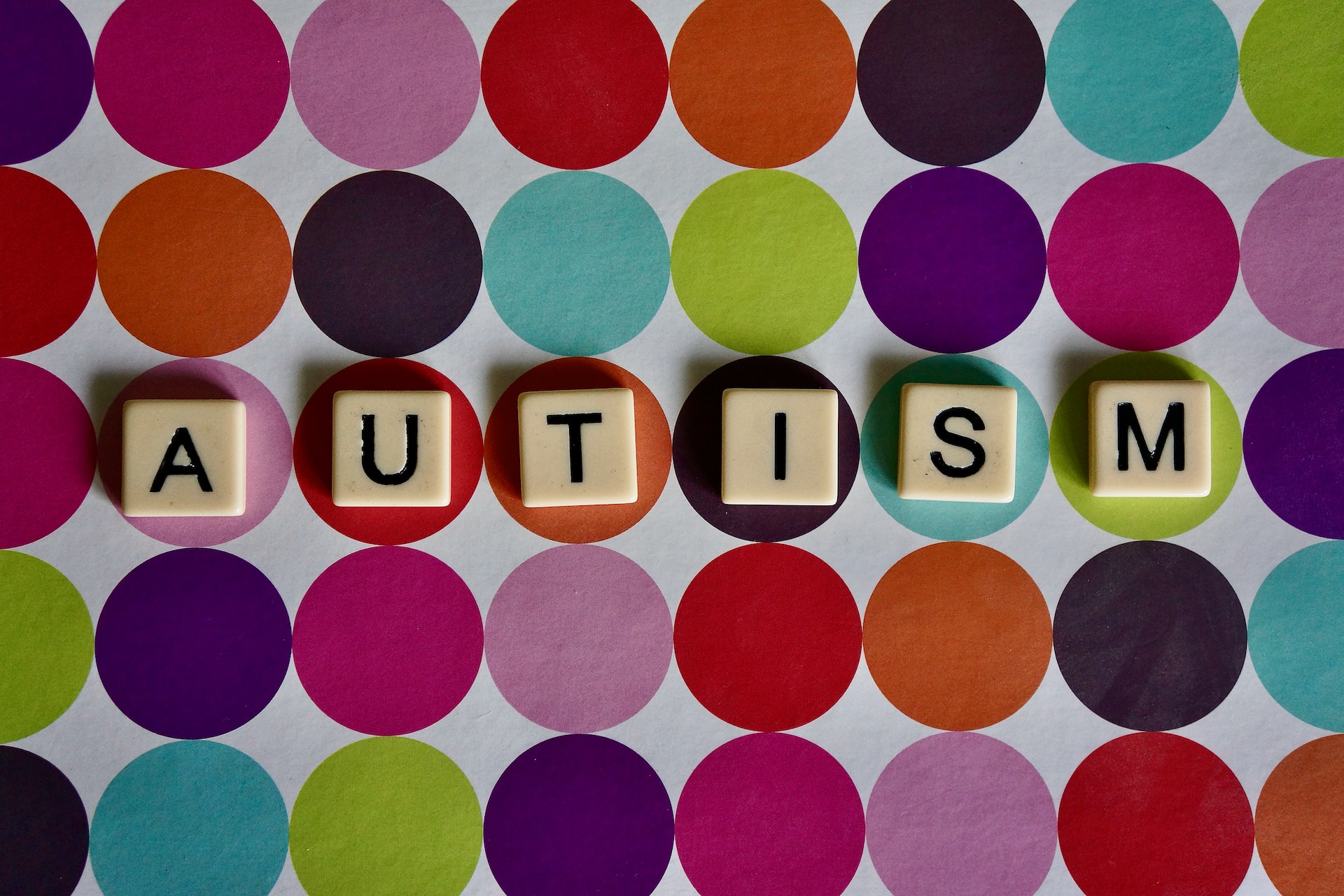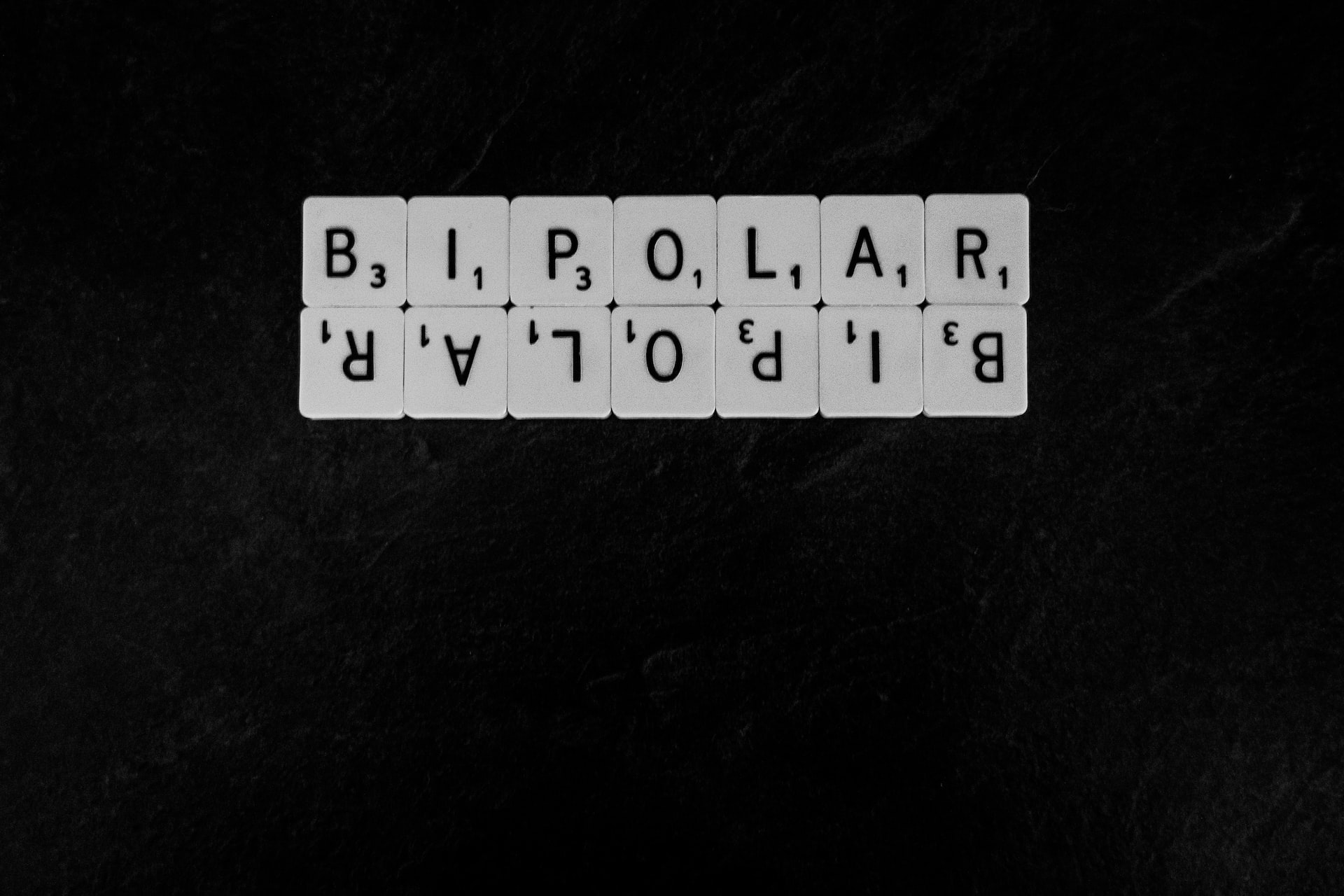Celebrating National Autism Awareness Month 2023
By Ashley Barnes, M.S. National Autism Awareness Month. National Autism Awareness Month spans the month of April with the purpose of spreading awareness, breaking the stigma, and providing support and hope to those who have or support someone with autism spectrum disorder (ASD). Autism Awareness Week was first celebrated in the 1970s, later growing into the entire month of April. About Autism. According to the American Psychological Association (APA), autism spectrum disorder (ASD) describes a neurodevelopmental disorder characterized by challenges with “social communication and social interaction and restricted and repetitive patterns in behaviors, interests, and activities” (APA, 2021). The term spectrum is used to highlight the wide variation in presentation, severity of symptoms, and experiences of those diagnosed with ASD. ASD is understood to occur across all ethnic, racial, and socioeconomic groups (CDC, 2020). ASD is four times more likely to be diagnosed in boys than girls and approximately 1 …





